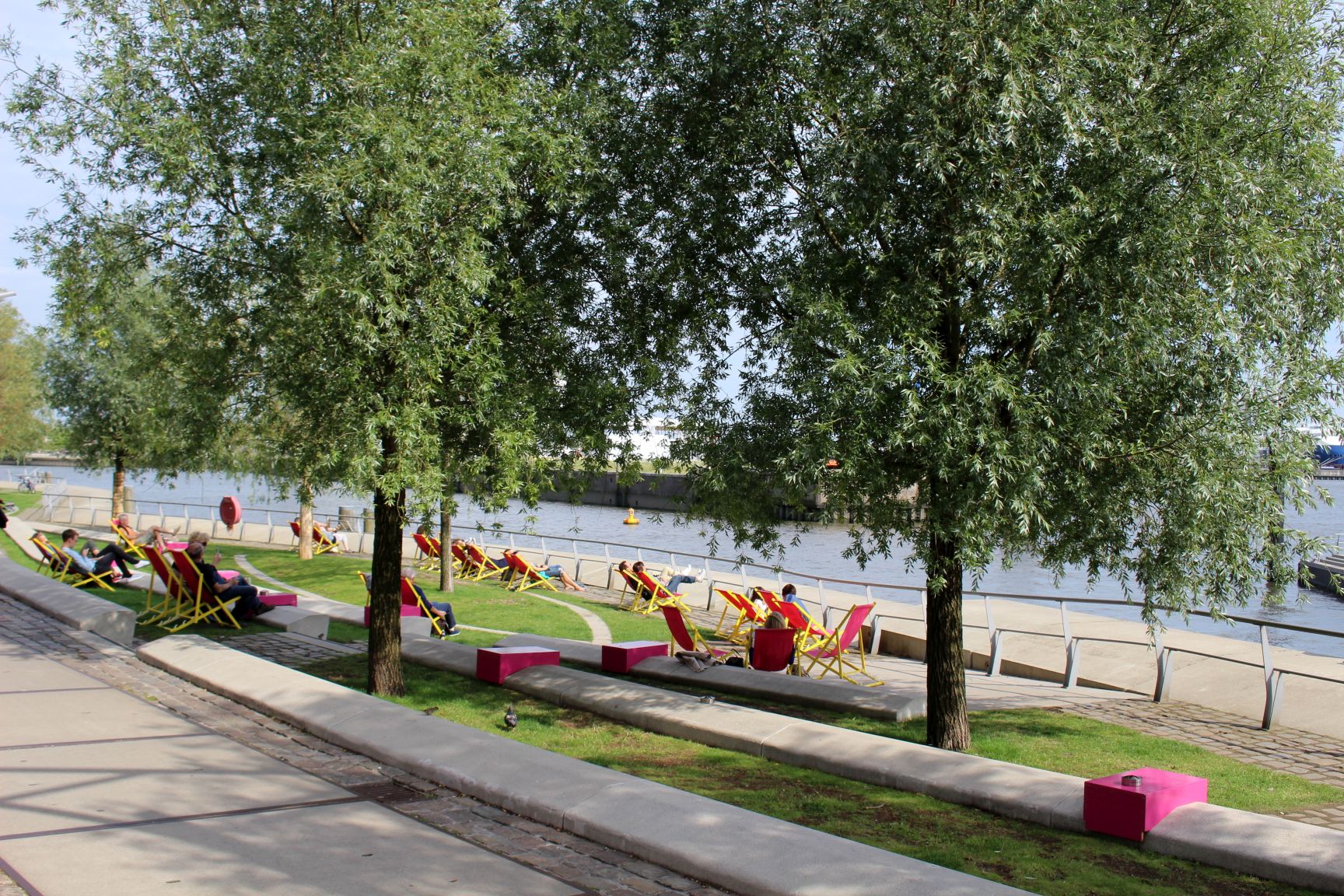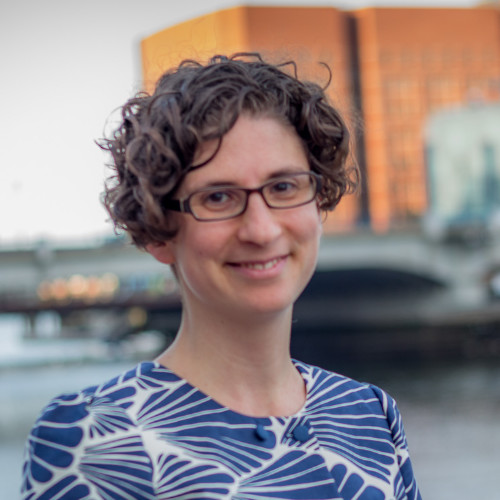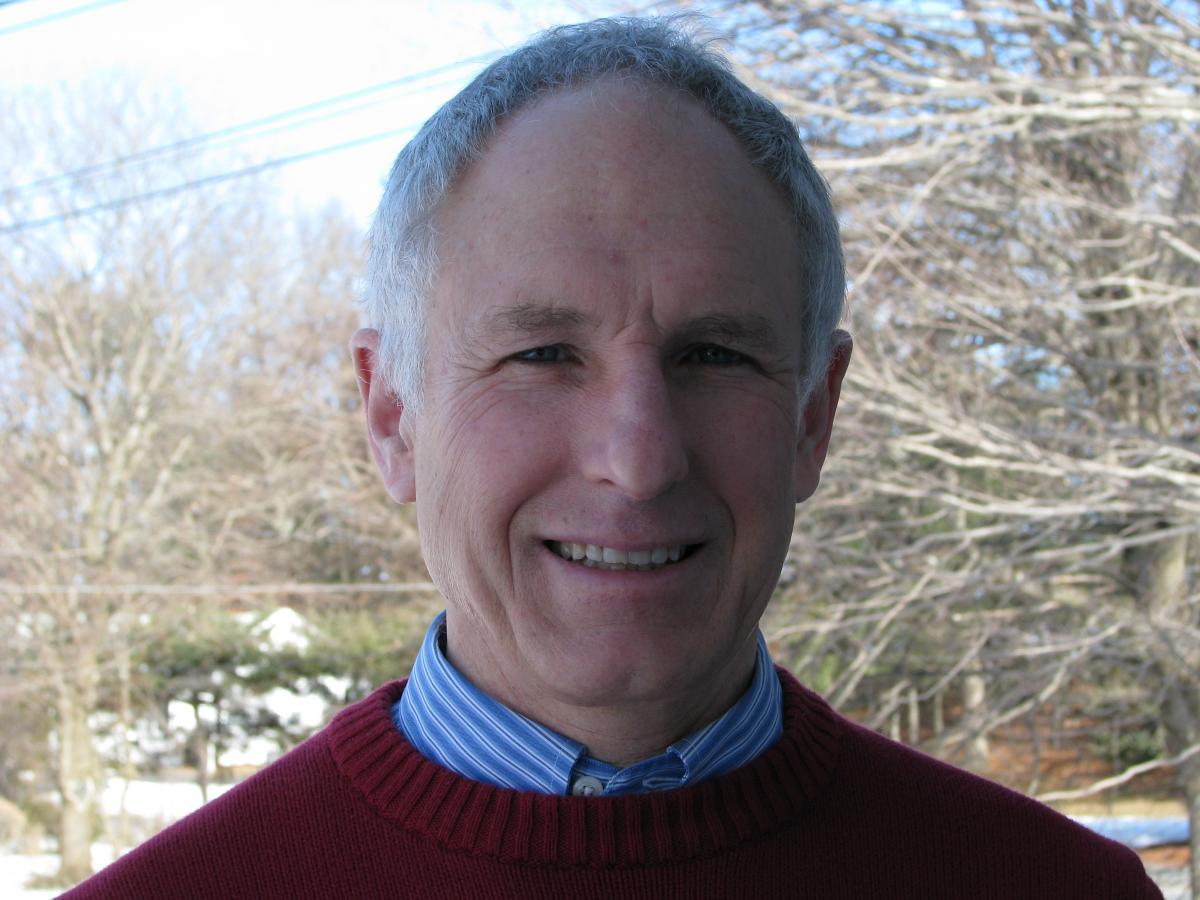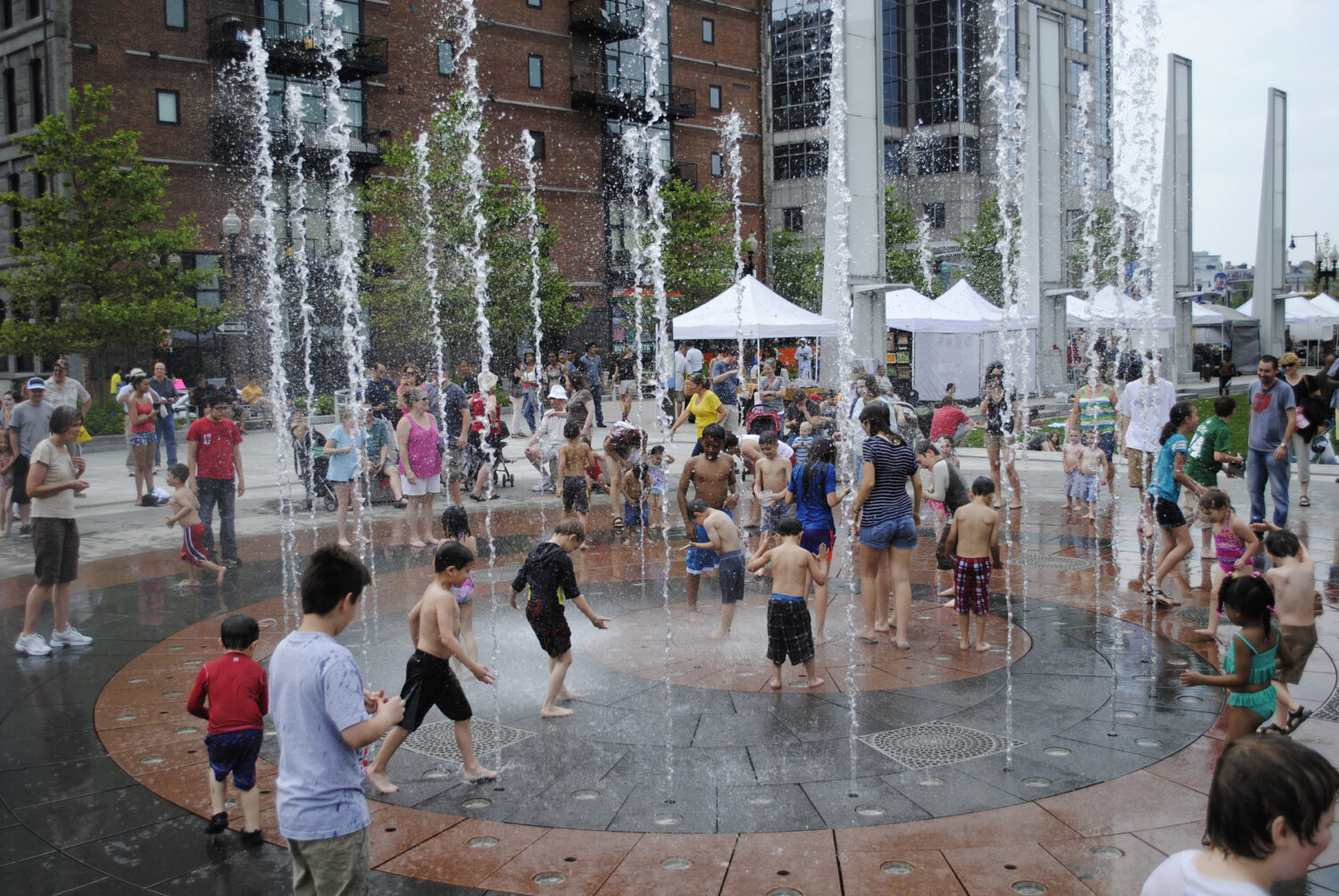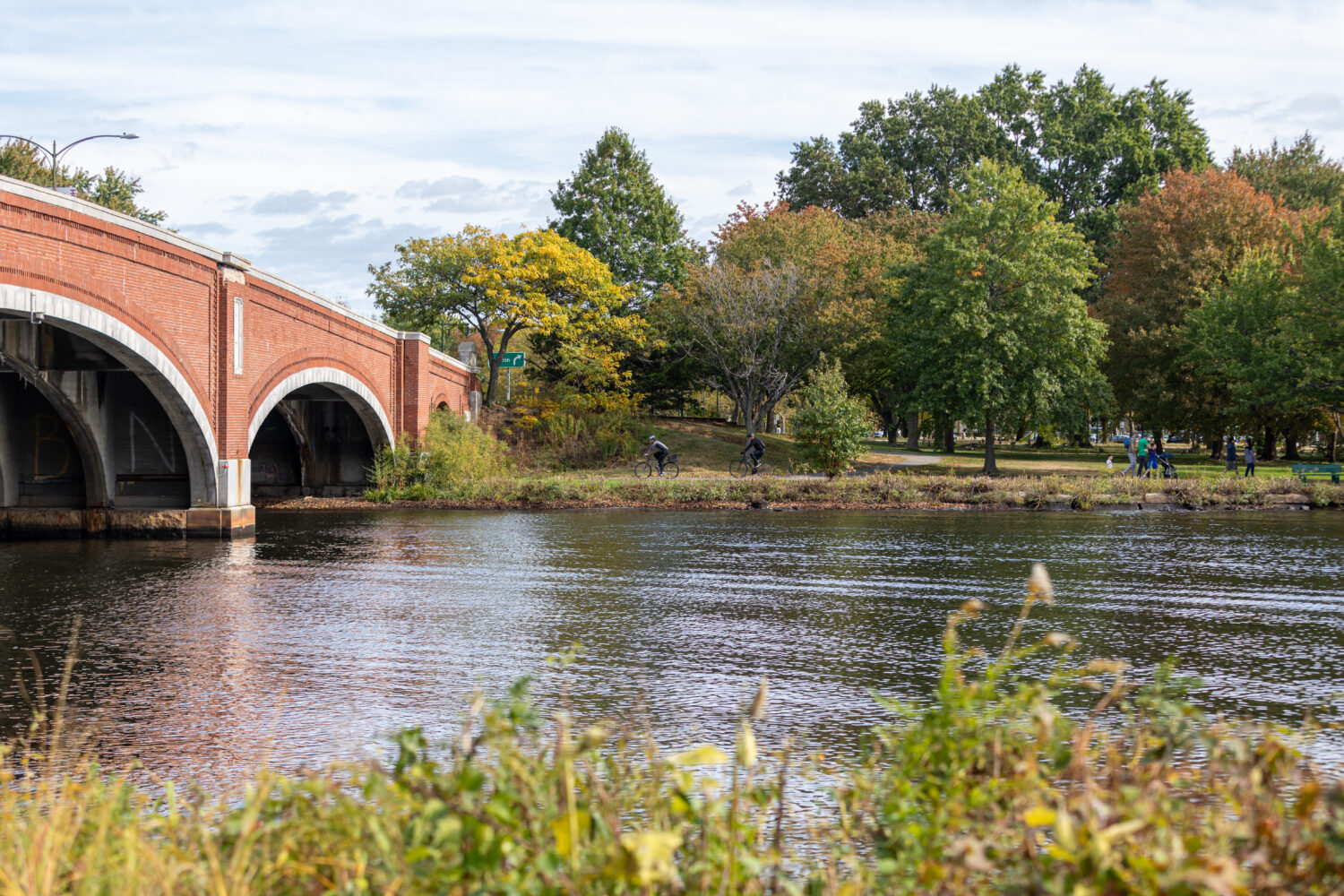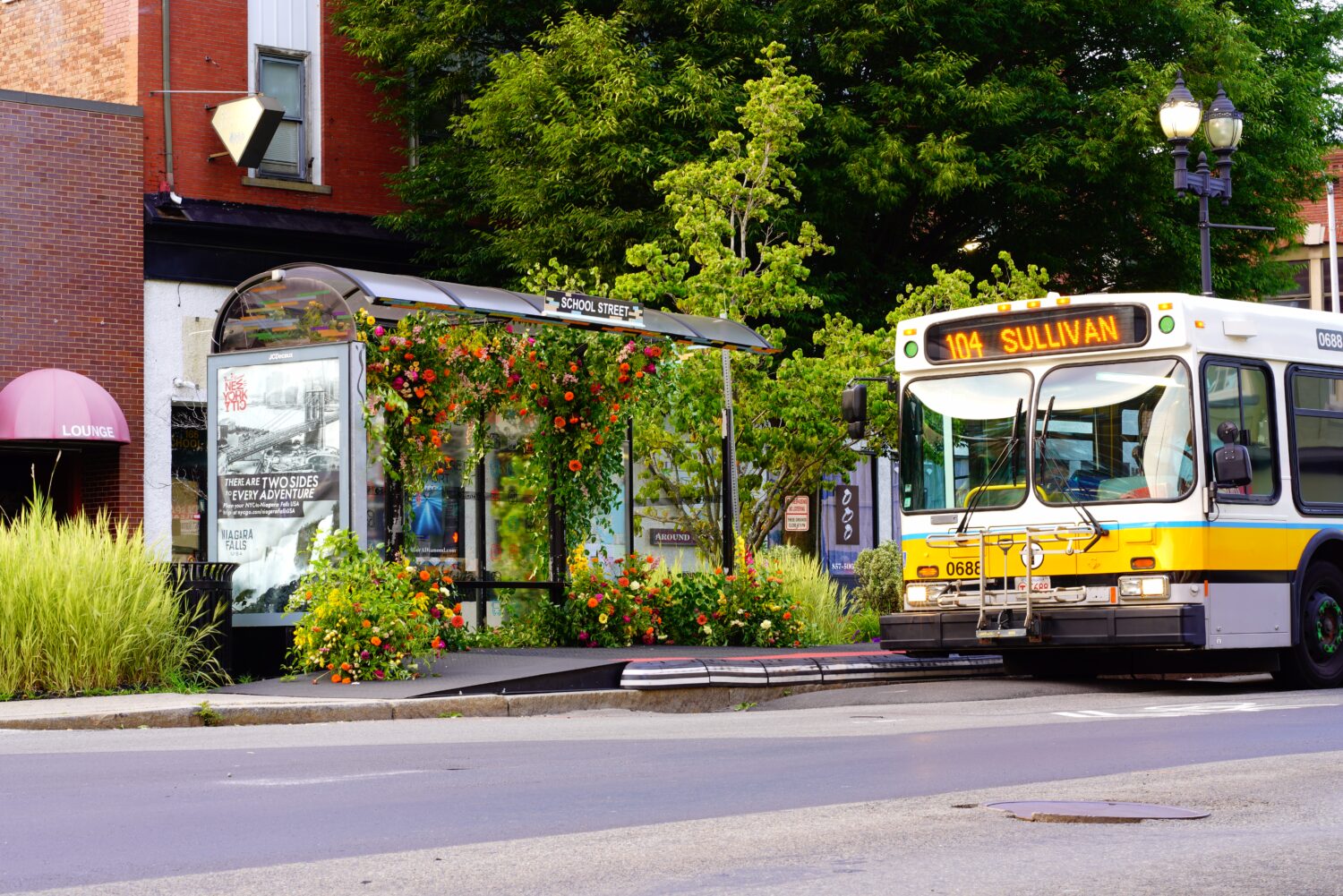One of the biggest challenges facing Greater Boston is coastal flooding. As weather gets more extreme and sea levels continue to rise, this is a challenge that government and business leaders, researchers, and communities are working together to solve.
Against this challenge, many had placed hope in the idea of a harbor barrier as a silver bullet for protecting neighborhoods. Our organization, the Sustainable Solutions Lab at UMass Boston, recently conducted the first feasibility analysis of this concept. We concluded that a harbor barrier would face serious technical challenges and not be worth the massive investment required. Another option is shore-based solutions – which the City is already beginning to implement, and which can include physical measures such as elevated green spaces, raised boardwalks or deployable floodwalls and policy solutions such as changes to zoning. We found that, compared to a harbor-wide barrier, shore-based solutions are vastly more cost-effective, and that they also provide significant “co-benefits” – i.e., positive community outcomes in addition to keeping Boston safe from coastal flooding.
While it was outside the scope of this study to explore the extent of these potential co-benefits, we have been working with the Boston Green Ribbon Commission, Neighborhood of Affordable Housing in East Boston and other partners to explore the potential of shore-based solutions. Through this work and success stories in other cities, we have found that if shore-based solutions are implemented thoughtfully, they can significantly improve quality of life and access to important resources and opportunities. Some of these benefits can include:
- Protection against rising temperatures. Shore-based solutions provide an opportunity for increased tree cover and green infrastructure in neighborhoods that deal with urban “heat island” impacts likely to intensify over the course of the century.
- More democratic participation in the development of the future of the city. With a strong public process in place, communities can decide how to protect their neighborhoods and co-create solutions using a wide variety of physical (e.g. parks, protective greenery, floodable basketball courts, etc.) or policy tools.
- Engagement and targeted investment in local business. These community processes can be opportunities to engage local expertise and business leaders, including helping identify opportunities to target investments in local efforts that, historically, may have lacked access to funding, such as women- and minority-owned businesses.
- Flexibility, creativity, and innovation in public realm planning – with less risk. Parks and other adaptation features can be built in a modular way that allows for iterative learning and more investment later.
- Economic development through “climate tourism.” People around the world could look to Boston for our innovative approaches to adaptation through popular harbor tourist spaces.
Creating a resilient city isn’t easy and none of these benefits is a given. In fact, research has shown that, if we are not careful, our attempts to address climate change can even exacerbate social and economic inequities that already exist. For example, green infrastructure investments can accelerate gentrification, making it challenging for the people who advocated for new investments to stay in their neighborhood. As we develop climate change policies we need to have a holistic approach which, in this case, could include preserving and even increasing affordable housing.
We at SSL are particularly interested in how these climate adaptation investments can be leveraged to safeguard the region’s most vulnerable populations. We will be exploring these topics in future research and invite you to subscribe to our email list to learn more. Many questions around financing, governance, and project sequencing remain, but with continued cooperation, we can work together to ensure resilience planning supports communities while protecting them.
